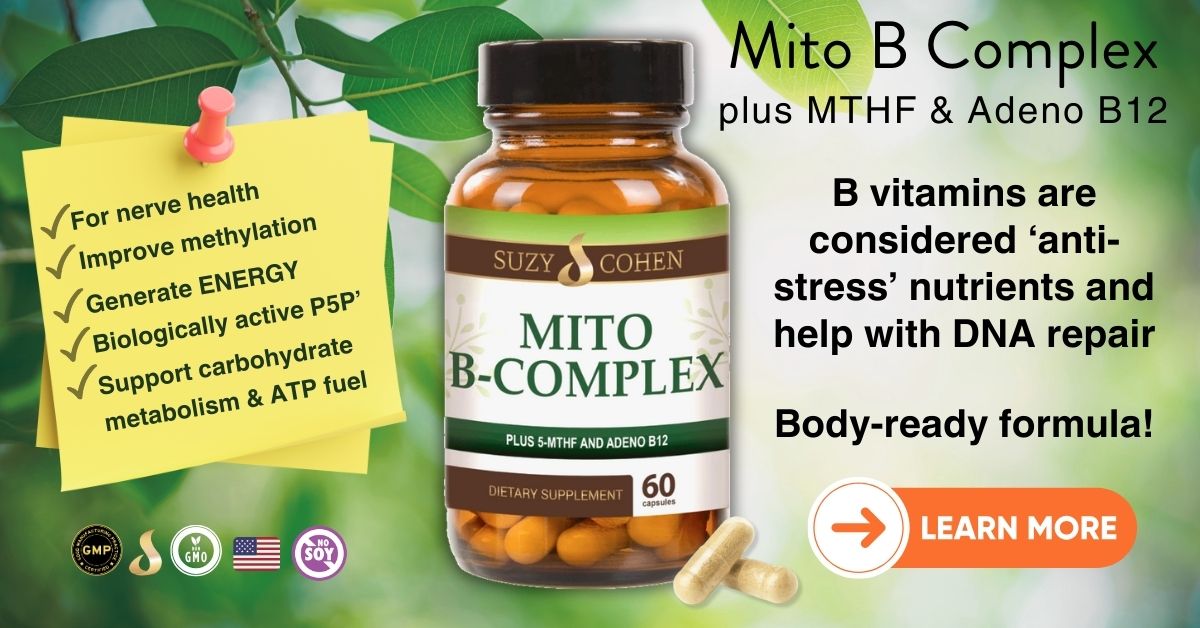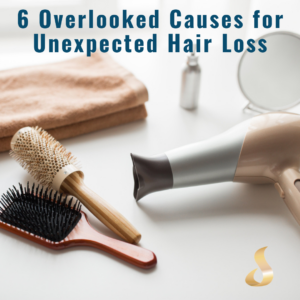What's On This Page?
ToggleCancer is a tough road, no question. But there’s a new kind of therapy that’s bringing real hope to patients called Antibody-Drug Conjugates or ADCs for short. These targeted therapies deliver treatment exactly where it’s needed using a different mechanism of action compared to traditional chemotherapeutic drugs.
Traditional chemo targets fast-dividing cells (like cancer), but it hits healthy tissues too, causing hair loss, nausea, and fatigue. This indiscriminate destruction of both healthy and cancer-promoting cells is what causes all the chemo-related misery.
ADCs are smarter and work like guided missiles. First, an antibody homes in on a cancer cell very directly like a drone, then it releases a powerful drug payload inside the specific target. That means less damage to healthy tissues, and fewer side effects.
One standout example? Fam-trastuzumab deruxtecan (Enhertu), which targets HER2-positive breast cancer, lung, and stomach cancer.
The only way these drugs could be improved IMHO is if they were given as a pill or capsule. So why not oral? Why injections? Because ADCs are complex medications that consist of a large protein that would never survive digestive fluids,nor would they be absorbed well if taken by mouth. These drugs also have a chemical ‘linker’ that glues two parts together. Again, it wouldn’t survive digestion. IV delivery ensures they reach the bloodstream intact and can circulate to find their targeted cancer cells.
5 Side Effects of Chemo You Might Avoid or Experience Less Of
ADCs usually have three parts to them. The first is the antibody which seeks out cancer cells. The second part is the linker that holds everything together. The third part is the payload which is the potent chemo drug. Once the ADC finds its target, it gets absorbed into the cancer cell. The linker dissolves inside, releasing the drug right where it’s needed. It’s like a Trojan horse sneaking in undetected, dumping poison on the cancer cells! You can read more about how it’s like a biological missile in this PAPER.
This precision really matters. It often leads to a reduction in 5 common problems typically seen with older chemotherapy:
-
Less hair loss
-
Reduced nausea
-
Decreased fatigue
-
Improved appetite
-
Lower risk of neutropenia (a drop in white blood cells)
That said, ADCs aren’t side-effect free. They can still cause issues such as lung inflammation, liver problems, electrolyte imbalances, or cardiac stress. But overall, most people say the side effects are more manageable than traditional chemotherapy.
I wrote Drug Muggers back in 2011 to highlight how medications can quietly deplete essential nutrients. While ADCs came out after my book was published, I’ve researched them too. Even though ADCs are targeted, they can still “mug” your nutrients, more of a slow drain than a direct steal. Over time, calcium, potassium, B vitamins (like folate, B12, niacin, and riboflavin), and antioxidants like glutathione and catalase can become depleted. Curious about the benefits of niacin? Here are 5 reasons to embrace the niacin flush.
Staying hydrated, eating protein-rich meals, and using the right supplements can make a real difference. Just be sure to check with your oncologist before starting anything new.
Right now, ADCs are approved for some breast, bladder, and blood cancers, but trials are expanding to include lung, ovarian, PROSTATE, and even rare cancers like Adenoid Cystic Carcinoma. Think of traditional chemo like spraying weed killer, it gets the job done, but harms everything in its path, including the flowers. ADCs are more like precision pruning shears, trimming away diseased cells while preserving the healthy ones.
How to Support Your Body During ADC Therapy
ADCs are gentler on your healthy tissue, but your body still needs support during treatment. Focus on small, protein-rich meals throughout the day, and stay well-hydrated to support detox pathways. For even more ideas, check out my 15 detox strategies for a healthier summer.
Gentle movement like walking or stretching can help ease fatigue without overtaxing your system. Sleep becomes even more important, so aim to support your circadian rhythm by dimming lights at night and getting a little morning sun. Emotional care matters too, whether it’s journaling, prayer, or a laugh with someone you trust, give yourself permission to process. Even a good cry – Don’t Hold Back Your Tears, Here’s Why.

Questions to Ask Your Oncologist About ADCs
Being an informed patient is empowering. If you’re considering or already receiving ADC therapy, here are a few thoughtful questions you can ask your oncology team:
-
Am I a good candidate for an ADC therapy?
-
Are there nutrients I should monitor or supplement during treatment?
-
Are there clinical trials involving ADCs that apply to my diagnosis?
-
Can I use over-the-counter supplements like magnesium or B vitamins during this treatment?
-
What side effects should I report right away?
Your care team will appreciate your involvement and it may help personalize your treatment. I’ve also written extensively on magnesium deficiency and how to choose the right form. It’s a must-read if you’re considering magnesium support during treatment.
Nutrients to Watch During Treatment
While ADCs are more targeted and often better tolerated than traditional chemotherapy, they can still contribute to subtle nutrient depletion over time. These effects aren’t yet well-documented in the scientific literature, which makes it all the more important to listen to patient experiences and apply what we already know.
As you may know, I wrote the book Drug Muggers to uncover how many medications quietly deplete essential nutrients. ADCs weren’t on the scene when I first published it, but I’ve since started researching them in depth. What I’ve found so far suggests that even with a more precise delivery method, ADCs still create biological stress—oxidative, metabolic, and immune-related—that can “slow drain” your nutrient reserves.
Here are some of the most commonly affected nutrients based on my early findings:
-
Glutathione – Your master antioxidant, needed for detoxification, mitochondrial function, and immune resilience. It gets used up when your body is breaking down chemotherapy byproducts and managing inflammation.
-
Folate, B12, Riboflavin, Niacin – These B vitamins are critical for methylation (a detox and DNA repair pathway), red blood cell production, and cellular energy. They’re easily depleted during physical stress or when the liver is working overtime to process drugs. Looking for a high-quality brand? I made Mito B Complex for people who can’t convert the inactive B complex formulas sold at regular stores! It’s 100% body ready and fully methylated.
-
Calcium & Potassium – These electrolytes help regulate heart rhythm, nerve function, and muscle contraction. Drug-induced shifts in kidney function or fluid balance can throw them off, even with targeted therapies.
-
Catalase – An enzyme that breaks down hydrogen peroxide (a free radical) into water and oxygen. Like glutathione, catalase may get overwhelmed when oxidative stress builds up—even slowly—over multiple treatment cycles.
Eating nutrient-dense meals and staying hydrated are foundational, but in some cases, you may need targeted support. If you suspect you’re running low in any of these areas, talk to your oncologist or integrative healthcare provider about safe options to replenish what’s being drained.
Real Stories: Hope in Action
In my inbox, I’ve heard from patients who were surprised (and relieved) by how manageable ADC therapy was compared to what was expected. One woman in her 50’s told me she could finally eat again without nausea and what a joy that was. A man shared that he was able to keep working as a salesman (only part-time though) during his treatment, something he never thought possible during chemo. While every person’s experience is unique, these stories are a reminder: targeted therapy is changing what cancer treatment looks like for so many. If you have a story to share (hopeful, or not), you can email me here: scriptessentials@gmail.com

Suzy Cohen, has been a licensed pharmacist for over 30 years and believes the best approach to chronic illness is a combination of natural medicine and conventional. She founded her own dietary supplement company specializing in custom-formulas, some of which have patents. With a special focus on functional medicine, thyroid health and drug nutrient depletion, Suzy is the author of several related books including Thyroid Healthy, Drug Muggers, Diabetes Without Drugs, and a nationally syndicated column.



